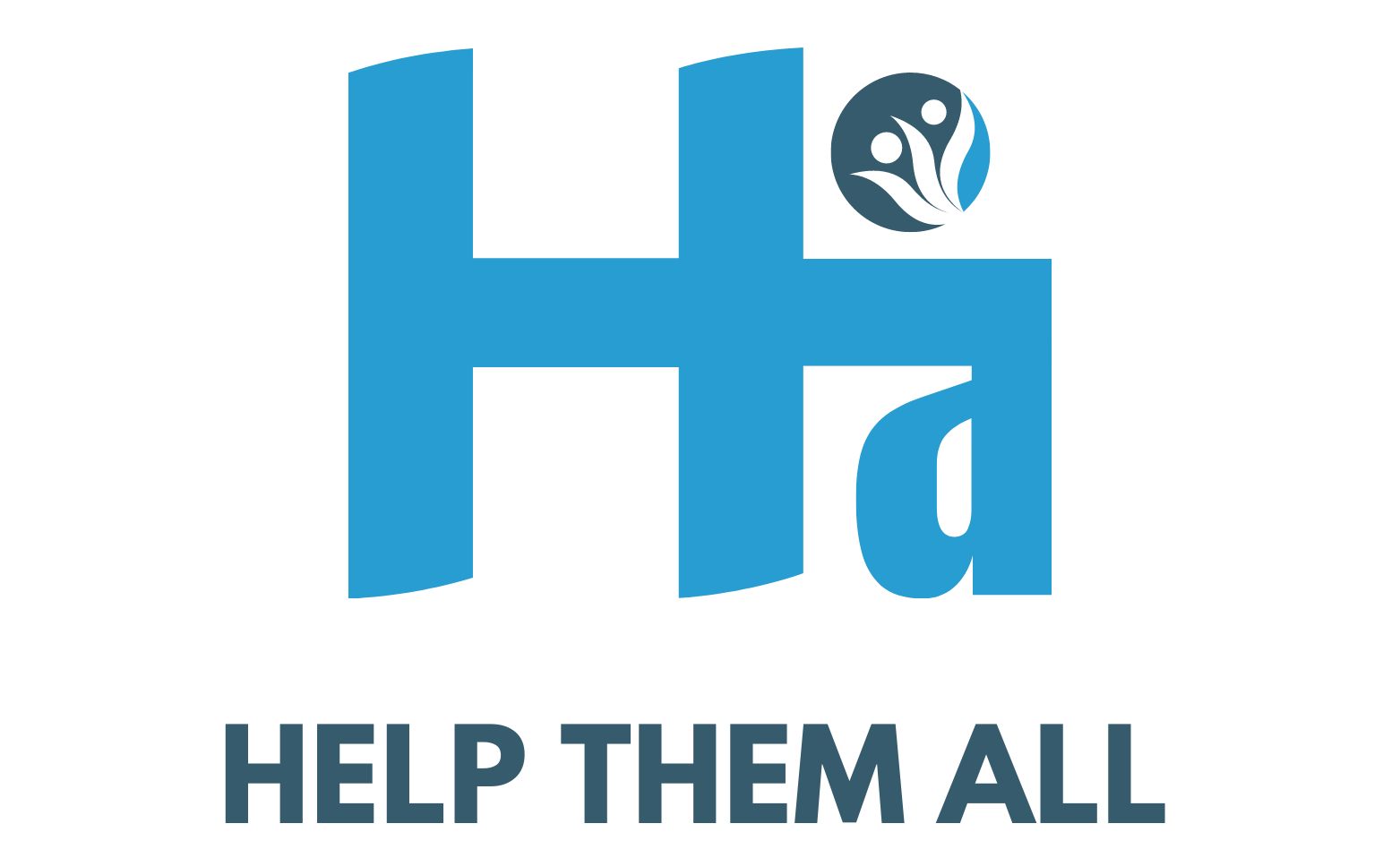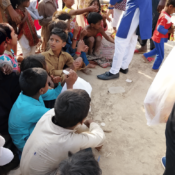
Learn How access to Clean Water & Food
Access to clean water and nutritious food is a fundamental human right, yet millions of people around the world still struggle to meet these basic needs. Understanding the importance of clean water and food, the challenges to access, and how we can contribute to solutions is crucial in creating a healthier and more equitable world.
The Importance of Clean Water
Clean water is essential for drinking, cooking, sanitation, and agriculture. Here are some key reasons why access to clean water is critical:
- Health: Safe drinking water prevents waterborne diseases such as cholera, dysentery, and typhoid. Contaminated water is a leading cause of illness and death, particularly among children.
- Sanitation: Clean water is vital for maintaining hygiene and sanitation, which are essential for preventing infections and the spread of diseases.
- Agriculture: Access to clean water is necessary for irrigation and livestock, ensuring food security and livelihoods for millions of farmers.
- Education: In areas without clean water, children, especially girls, often spend hours fetching water, missing out on education and opportunities.
The Importance of Nutritious Food
Nutritious food provides the necessary nutrients for growth, development, and overall health. Here’s why access to nutritious food is essential:
- Physical Health: Adequate nutrition is crucial for maintaining a healthy body, preventing malnutrition, and reducing the risk of chronic diseases such as heart disease, diabetes, and obesity.
- Cognitive Development: Proper nutrition, especially in early childhood, is vital for brain development and cognitive function, impacting learning and productivity.
- Economic Stability: Access to nutritious food supports economic growth by improving individuals’ ability to work and contribute to their communities.
- Social Equity: Ensuring that everyone has access to nutritious food promotes social justice and reduces inequalities.
Challenges to Access
Despite the critical importance of clean water and nutritious food, several barriers impede access:
- Poverty: Economic constraints prevent many families from affording clean water and nutritious food.
- Infrastructure: Lack of infrastructure, such as water supply systems and food distribution networks, hampers access in remote and underserved areas.
- Climate Change: Extreme weather events, droughts, and floods affect water availability and food production, exacerbating scarcity.
- Political Instability: Conflicts and governance issues disrupt access to essential resources and services.
How to Improve Access
- Support Clean Water Initiatives: Contributing to organizations that build wells, provide water filtration systems, and improve sanitation facilities in communities can have a significant impact.
- Promote Sustainable Agriculture: Supporting sustainable farming practices, such as crop rotation, organic farming, and water-efficient irrigation, helps ensure a stable food supply.
- Advocate for Policy Change: Encouraging governments to invest in infrastructure, enforce regulations to protect water sources, and support food security programs is essential for long-term solutions.
- Educate and Raise Awareness: Spreading awareness about the importance of clean water and nutritious food and the challenges to access can mobilize communities and policymakers to take action.
- Volunteer and Get Involved: Participating in local and global initiatives, such as food drives, community gardens, and clean water projects, can make a tangible difference.
Real-Life Examples of Impact
- Water.org: This organization provides affordable financing for water and sanitation solutions, empowering millions of people to access safe water and improved sanitation.
- The World Food Programme (WFP): As the world’s largest humanitarian organization addressing hunger and promoting food security, WFP provides food assistance in emergencies and works to improve nutrition and build resilience.
- Local Community Projects: Many grassroots organizations work at the community level to improve access to clean water and food. Supporting these initiatives can have a direct and immediate impact.
Conclusion
Ensuring access to clean water and nutritious food is essential for health, development, and equity. By understanding the importance of these resources and the barriers to access, we can take meaningful steps to support solutions and create a more just and sustainable world.
For more information on how you can get involved and support efforts to improve access to clean water and nutritious food, visit Help Them All Foundation. Together, we can make a difference and ensure that everyone has the opportunity to thrive.



